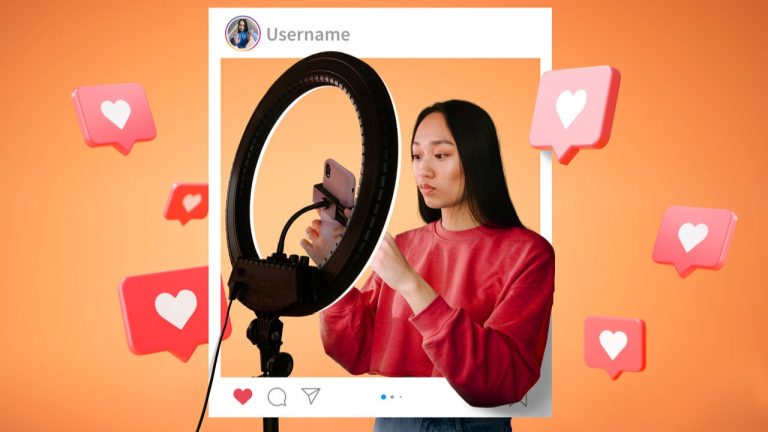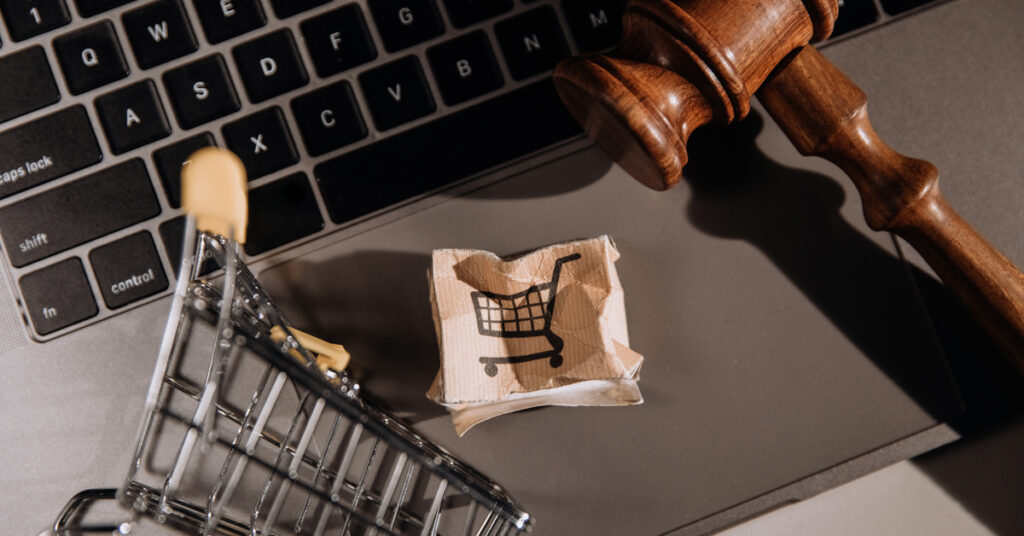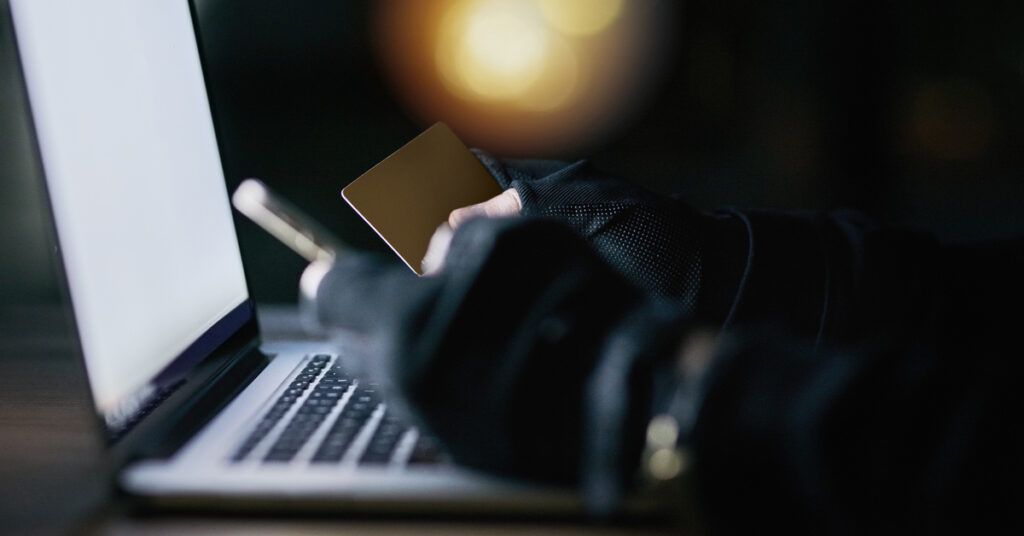The social media influencer economy has become one of the most popular ways to engage with consumers. Are you a company that intends to promote products and services through an influencer? Then, take a step back to review your participation in the social media influencer economy.
Due Diligence
- scrutinize the influencer’s followers – are the followers engaging and interacting with the influencer;
- review the followers’ comments – is it gibberish comments or spam;
- analyze the influencer’s growth – a sudden surge of followers is potentially a red flag;
- use a fake follower tool - to check an influencer’s credibility score.
Put in place an Influencer Marketing Contract
- determine the parties to the contract, the influencer or the advertising agencies;
- is the engagement on an exclusive or non-exclusive basis;
- the number of posts, social network platforms, frequency of posts and the format and length of the posts;
- the company is to outline its goals, expectations and results required for the influencer to bring value to the company’s investments;
- define who owns the intellectual property rights (IPR) to the entire content placed on the influencer’s social media accounts, either supplied by the company or generated by the influencer;
- how the company uses the influencer’s name and likeness;
- license to use the company’s IPR by the influencer and the company’s license to use the influencer’s name and likeness;
- craft a clear policy for the influencer to provide legal, decent, honest and truthful statements about the company’s products and services. Testimonials and endorsements shall be genuine and related to the influencer’s personal experience using the products and services over a reasonable period;
- include representations such as the influencer does not have fake followers, has not purchased bulk "like”, uses programmes that generate page views and that the content shall not infringe upon any third party rights, including copyright;
- include compliance with the laws, regulations and the Malaysian Communications and Multimedia Content Code.
Conclusion
The potential and power of an influencer’s reach and popularity are significant and may help a company expand its marketing and promotion mix. Do not assume an influencer with a huge follower base equates to a valuable influencer. Also, do not ignore influencers with a smaller follower base but consider them in your marketing and promotion mix. Adoption of influencer marketing may be suitable for some companies but remember to proceed with caution. Hire a contract lawyer and get professional legal services for the benefit of your business.







